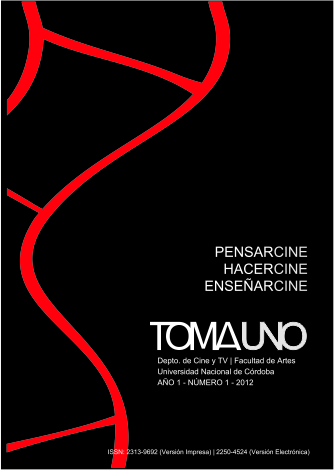Alfred Hitchcoclk´s shadow in Life documentary series
DOI:
https://doi.org/10.55442/tomauno.n1.2012.8570Keywords:
Psychological realism, Verosimilitude in film, Documentaries and music, Alfred Hitchcock, Bill NicholsAbstract
Throughout its history, documentaries have not been exempt from the use of expressive resources and narrative mechanisms common to fiction films. Reality has been shown from different perspectives that have even altered the very notion of it, giving rise to several discussions between veracity and verisimilitude.
In this sense, some authors have defended a creative treatment of reality (Grierson), have included an aesthetic component in reality (Krakauer), or have highlighted the importance of our perceptual experience (Bazin). Other authors such as Bill Nichols, have defended the existence of different categories of realism, based on mimetic reproduction. For Nichols realism may be empirical, psychological or historical.
The purpose of our work is to demonstrate the great importance that sound resources have in the psychological treatment of nature scenes, presented in the documentary series Life (BBC). To this purpose we have established two lines of research: first, the expressive comparison between hunting scenes of the series and the dramatic psychological treatment of some Hitchcockian murders and, on the other hand, a detailed musical analysis of these scenes.
Downloads
Downloads
Published
Issue
Section
License
This work is licensed under Creative Commons Attribution-NonCommercial-NoDerivs 2.5 Argentina .


































